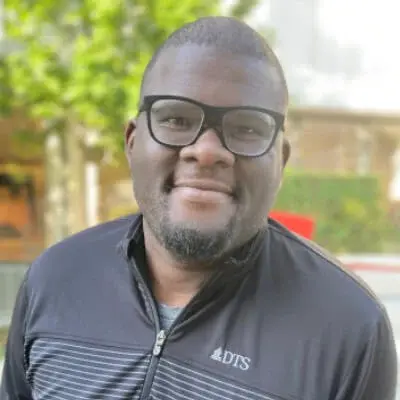
We Don’t Talk About That | Family Trauma
“We don’t talk about that” was the unspoken rule in my family. It was the way we dealt with—or better put, didn’t deal with—the family trauma that came in and out of our lives. It was a kind of socio-emotional shorthand that could be used to cover over anything from substance abuse, to domestic violence, to infidelity.
We didn’t talk about a lot of things in my family. We didn’t talk about why uncle Carl and uncle Aaron stopped talking that one summer. All I knew is that family gatherings were always short either one or the other. We didn’t talk about the men who came in and out of my life after my mom and dad split up. And we definitely didn’t talk about how Grandpa brought his mistress to my grandmother’s funeral.
It wasn’t until I was in grad school, studying to become a therapist, that I started to recognize and understand what my family was doing by not talking about it. It was also in grad school that I realized my experience wasn’t all that unique.
Suppression Explained
There’s a term in counseling theory that describes my family’s commitment to not talk about things. It’s called suppression. Suppression is a defense mechanism that blocks out uncomfortable, painful, or traumatic experiences. And what’s tricky about suppression is that it can take many different forms.
In my family, it looked like shutting out our hurts and hang ups with silence. Not talking about it meant not having to deal with it. For others, suppression can look like avoiding difficult or complicated thoughts and emotions by numbing them with alcohol, work, sex, food, shopping, or some other activity. Others use suppression like a shroud, cloaking emotional discomfort with empty motivational platitudes of the“dust yourself off,” “pick yourself up,” “walk it off” variety. For others still, suppression can look like emotional bulldozing, where the person avoids dealing with negative emotions by disregarding the feelings and opinions of those who try to help them.
While suppression might feel good at first in that it allows individuals, couples, families, and sometimes entire communities to keep pain at a distance, its benefits are short lived and can ultimately lead to some serious consequences.
The Impact of Suppression
Sooner or later, we’ll start experiencing symptoms of suppression. Our bodies, brains, and relationships will start telling us it’s time to deal with whatever we’ve stuffed away. This can look like developing feelings of shame, guilt, stress, anxiety, sadness, or depression that can’t be ignored. It can also look like rising blood pressure, weight loss or weight gain, irritability, low self-confidence, and isolation. And this list isn’t exhaustive! Feel free to fill in your own symptoms.
No matter how convinced you might be that suppression is working for you, in reality it’s not. Suppression blocks your ability to address the hard things, heal from them, and live your life to your maximum potential. When your life starts showing you signs that suppression is no longer working, that’s your sign it’s time to do something different.
Talk About It
If suppression has been a mainstay in your emotional toolkit, it can be challenging to embark upon a different path. Your first step will be to identify your particular brand of suppression. However you might not be dealing with the hard things in your life, it’s time to start talking about it. No more secrets. No more hiding and protecting. No more running from hard and uncomfortable feelings.
Moving away from suppression won’t be easy, but I promise you, it will be worth it.

About Tristan Frazier
Tristan Frazier, LPC, LMFT Associate, earned his Master of Theology and a Master of Arts in Counseling from Dallas Theological Seminary. He specializes in helping individuals and couples work through conflict resolution, divorce, anxiety, depression, trauma, and issues related to faith-based spirituality. He uses a customized holistic approach to treat mind, body and soul at Lifeologie Counseling Dallas, where he is currently accepting new clients for telehealth.
Meet Me
.png)

.png)
